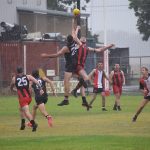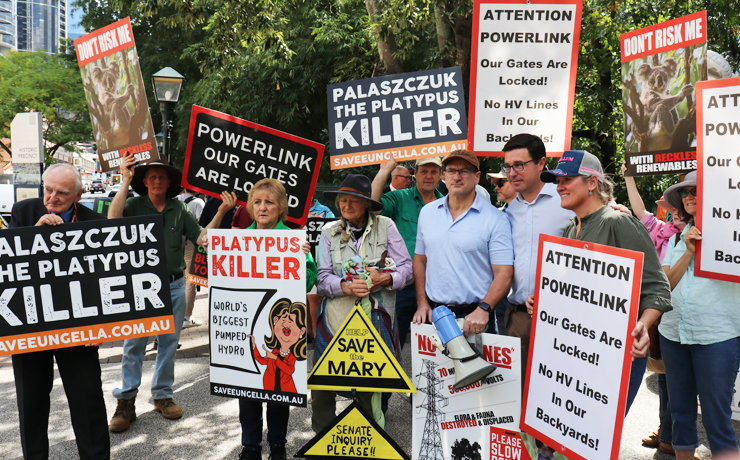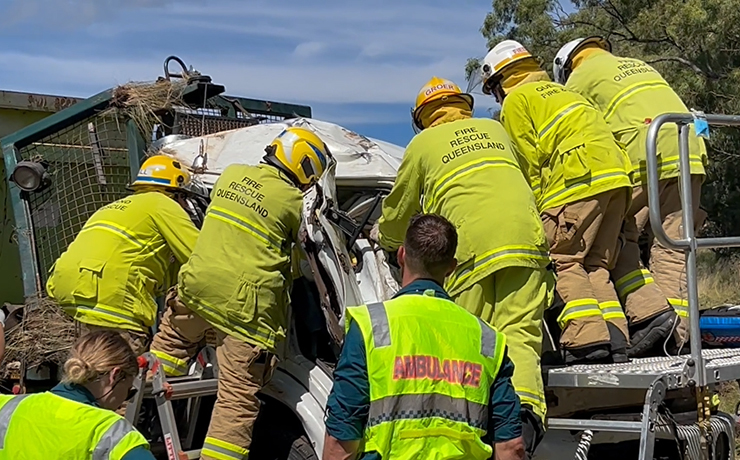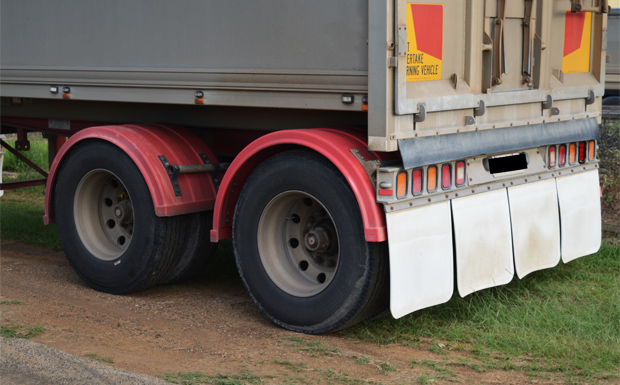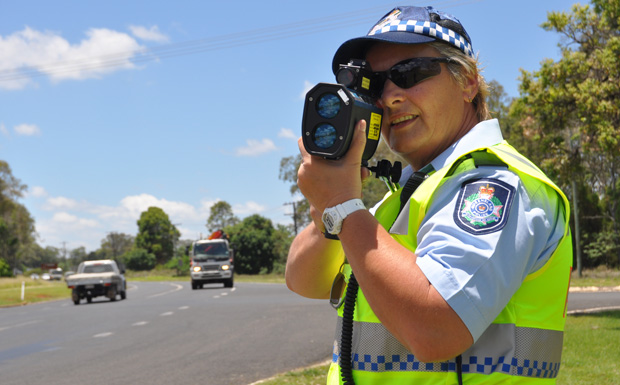

Curtis Pitt
March 2, 2017
Ballooning State Penalties Enforcement Registry (SPER) debt has forced the Government to introduce new options to pay down fines.
In January last year, Queenslanders owed $900 million in SPER debt.
But the total is now close to $1.2 billion.
On Thursday, Treasurer Curtis Pitt introduced legislation into Parliament to change the way the State Penalties Enforcement Registry operates, making it easier for the agency to recover outstanding debts but also easier for debtors to pay.
Mr Pitt said SPER debts had expanded dramatically following a decision to automatically refer all toll road fines to SPER, so further action was necessary.
“If people paid their fines and tolls on time there would be no need for SPER, but the fact is this debt continues to balloon, which means we need new tactics to address it,” Mr Pitt said.
“Queenslanders rightly expect debtors to pay their fines one way or another and that includes non-monetary means.”
Mr Pitt said SPER’s original operating model was based on the assumption of single debts that would be paid quickly.
“Obviously this has not been happening for a range of reasons,” he said.
“So we’re giving SPER more flexibility to target different types of debtors with different strategies, rather than simply continuing with the status quo.”
The new model implemented under the Bill recognises that some people don’t pay SPER debts because they are undergoing tough times.
“About 10 per cent of SPER debtors (over 70,000 people) are responsible for about 20 per cent of the total debt, but they have little to no capacity to pay because of financial hardship or other issues,” Mr Pitt said.
“We want SPER to be able to differentiate between those who refuse to pay and those facing genuine financial hardship.”
Under the proposed scheme, eligible hardship debtors will be able to pay off their debt by:
- undertaking financial or other counselling
- undertaking unpaid work/community service, or
- undertaking treatment – where relevant – to address drug, alcohol, or other personal issues that may have contributed to a failure to manage or address their debt
Last year the Government introduced wheel clamping, seizure and sale to target debtors who owed $5000 or more in unpaid SPER debt.
The Government can already cancel driving licenses, as well as garnishee wages or bank accounts, register an interest in property, or seize and sell property owned by a debtor to recover unpaid SPER debts.










